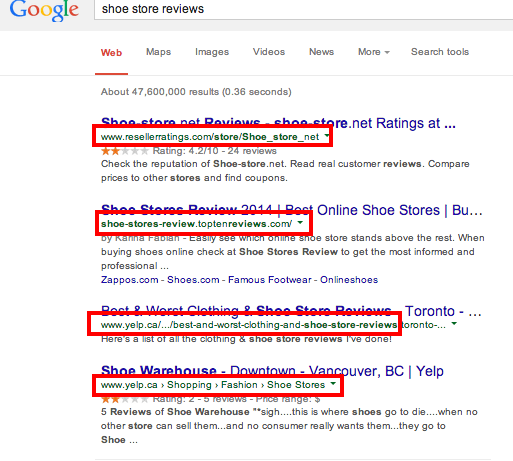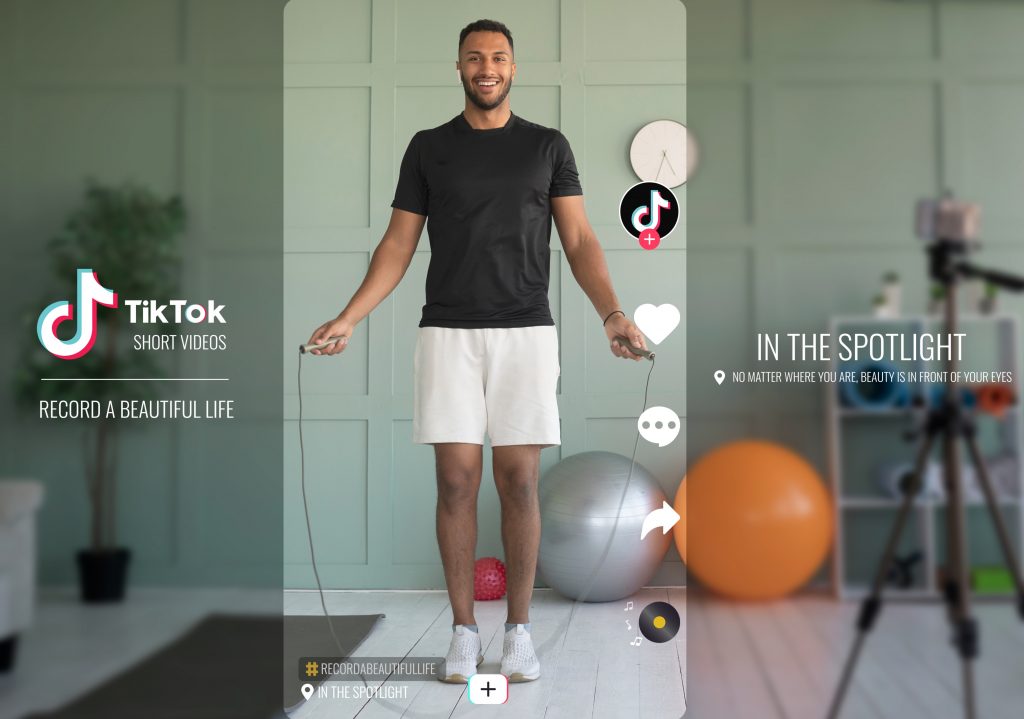In today’s digital age, how would you feel as a small business if you found out that 90% of customers say that their buying decisions are influenced by online reviews?
I’d imagine that you’d perk up and either pat yourself on the back if your business already has a strategy in place for acquiring reviews and managing your online reputation, or you’d scratch your head and think ‘dang, I better get on this.’
Regardless of where you fall on that spectrum, online reviews are important for a number of reasons, and have major implications through their ability to affect:
- Your rankings in local search engines
- Which search results actually gets clicked on
- Consumers purchasing decisions
That makes online reviews as critical to your local SEO strategy as building citations and on-site optimization. In my previous posts, I covered the nuts-and-bolts of building citations, and provided a primer for local SEO to help you digest some of the concepts.
In this post, I’ll be covering how online reviews affect modern-day consumer’s decision-making, along with where they fit into your Local SEO campaign, how you can go about acquiring them, while proactively managing your online reputation.
Let’s get started.
How Consumers Use Online Reviews
Before we get into the data surrounding how online reviews are used by consumers and how it impacts their decision, it’s important to consider where they fit into the purchasing cycle for desired products and services.
Typically, by the time someone has started looking at reviews, they’ve already figured out their need/want, how a business might ideally fulfill that need/want and are now in the process of selecting a business.
The critical thing to note is that the mental gap between reading a review and making a decision to purchase from a business is ridiculously small, and typically results in a yes/no decision almost immediately. So as a small business, your online reputation can directly influence your bottom line.
But, how many consumers actually read online reviews? According to a survey conducted by BrightLocal, roughly 85% of consumers reported reading online reviews.
But, exactly, how many reviews do they read before making up their mind? Luckily, the survey also had an answer to that. About 67% of consumers will read 6 reviews or less before they form an opinion about a given business.
Meanwhile, another survey conducted by Dimensional Research found that 90% of their respondents claimed that positive online reviews influenced their buying decisions, while 86% had responded saying that negative reviews impacted their decisions.
Hopefully this helps you understand from a consumer perspective just how important online reviews are in helping steer their purchasing decisions for the better or worse. Up next, we’ll look at how reviews factor into local SEO signals.
Why Online Reviews Matter For Local SEO
Local search engines love online reviews for one primary reason, consumers love online reviews. They’re in the business of providing people on-the-go or at home with the most accurate information to help them predict and make decisions around their future purchases. The faster they can do that, the more consumers will turn to them time and time again. Have a look at a screenshot of results from Yelp for the keywords “fashion boutique Toronto.”

Additionally, according to MOZ’s Local Search Ranking Factors Survey, online reviews are thought to make up 10% of how Google and other search engines decide to rank search results. Here’s a pie chart they provide to visually break down the different variables:

Next up, we’re going to take a look at how you can craft a review acquisition strategy and later, how you can proactively manage your online reputation.
Crafting a Review Acquisition Strategy
Before you embark on creating a review acquisition strategy that works best for your small business, it’s a good idea to give some thoughts on which review platforms would work best for you.
To determine that, simply start by going to Google and doing the following search, “[Industry] + reviews” and see which sites pop-up on the first page. For example, have a look at what shows up for “shoe store reviews”:

The other thing you can do is mouse over the leading search results and you’ll see two arrows pop-up which enable you to open up what Google refers to as the “Knowledge Panel” for that business and look at the sites listed under “more reviews.”

However, one thing to note is that some online review platforms keep their reviews exclusive to their site, while other platforms syndicate their reviews to other search engines. Here’s a graphic from Phil Rozek that shows how the local business review ecosystem works:

The other thing to keep in mind before we get into how you can obtain more reviews in understanding the different review policies each platform has that you should abide by. For example, Yelp strictly forbids small businesses from soliciting online reviews and will act swiftly if it detects something fishy. Meanwhile, the other platforms don’t really have any issues with businesses making the ask.
Here are some review guidelines for some of the most critical review platforms:
- Google+ Local
- Yelp
- Foursquare
- Citysearch
- YP.com
Once you’ve had a quick look through those, here are some tips to help you get started:
Use this awesome “Review Handout Generator” by Whitespark and Phil Rozek that let’s you create handouts for customers to provide clear-cut instructions on how they could leave you a review on Google.
- Link to your review profiles on your website
- Create print materials that list all the different sites customers can review you
- Train staff and yourself to “make the ask” upon the completion of the transaction. If you’re new to this, read ConstantContact’s short guide on asking for referrals.
- Request a “Find Us on Yelp,” if you haven’t gotten their “People Love Us On Yelp” sticker.
Online Reputation Management
Now you’re probably wondering how to respond if you happen to get a negative review, but before that I recommend getting set up on a service like Google Alerts to get notified every time your business is mentioned online so you can take a more proactive approach to online reputation management.
What you don’t want to do is get riled up and have your blood pressure rise through the roof the first time or anytime you see a negative review. Your first instinct might be to contact the review platform and request that they take down the review, but before doing that, it might be worthwhile to listen to what Deanna Yick, spokesperson for Google Places has to say about that:
“Reviews are a form for users to share both positive and negative opinions. We do not arbitrate disputes and more than not, we leave the review up.”
Instead of allowing your emotions to cause you to react, take a deep breath, and deal with negative online reviews like you would with any general criticism.
Treat the review as a conversation where you have to go in, diffuse the situation, offer to make up for whatever their dissatisfaction was, and of course, end with highlighting the positive when possible and point to more positive reviews and ratings. Of course, there’s plenty of other ways to deal with customer complaints, as outlined on the HelpScout blog.
The other thing to keep in mind is that negative reviews should be catalysts for internal conversation and actions for improvement. This means getting to the bottom of some potential pitfalls in your existing operations.
For example, the Dimensional Research survey found the following factors to be problematic whenever poor customer service was the root cause of a negative online review:

This could lead to staff and management meetings in which you could brainstorm how you can better improve your customer service, whether it’s through policies, or by empowering your front line workers, it’s really up to you.
Now that you’ve got a better grasp on how what online reviews are and how they influence consumer decisions, hopefully, this gets you started in thinking about your online reputation more seriously and about how online reviews factor into your local SEO strategy.
P.S. If you liked this post, you’ll love A Beginner’s Guide to Local SEO for Small Businesses and Where to List Your Business Online and Why It Matters for Local SEO.
Courtesy: Humayun Khan



